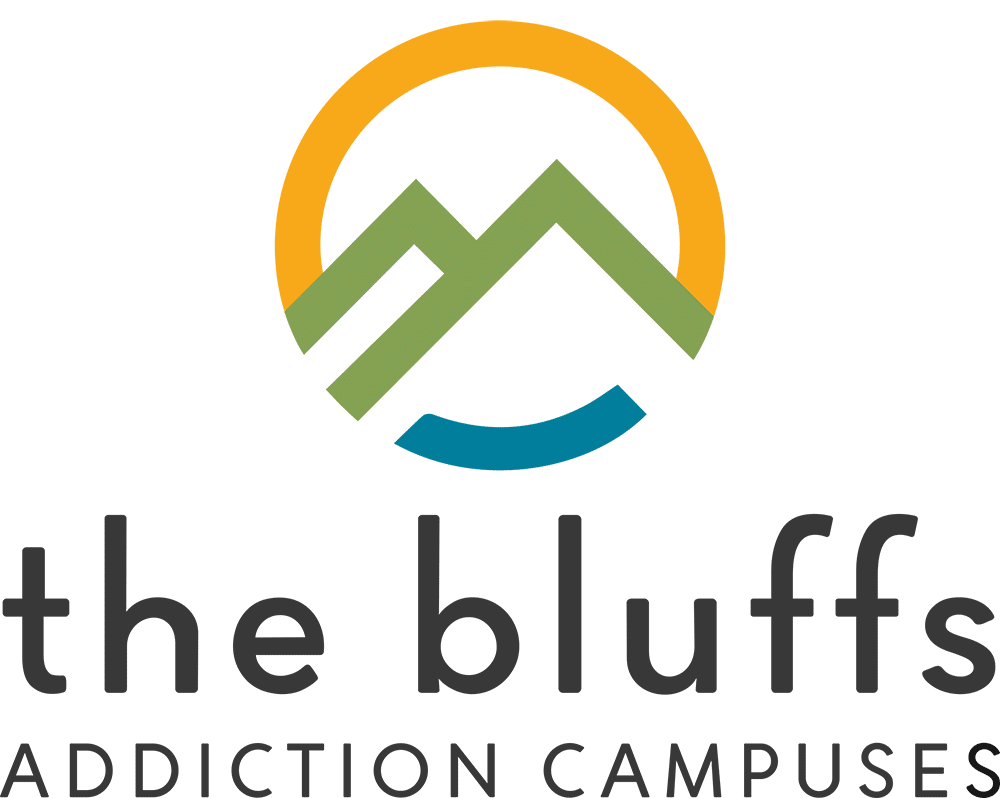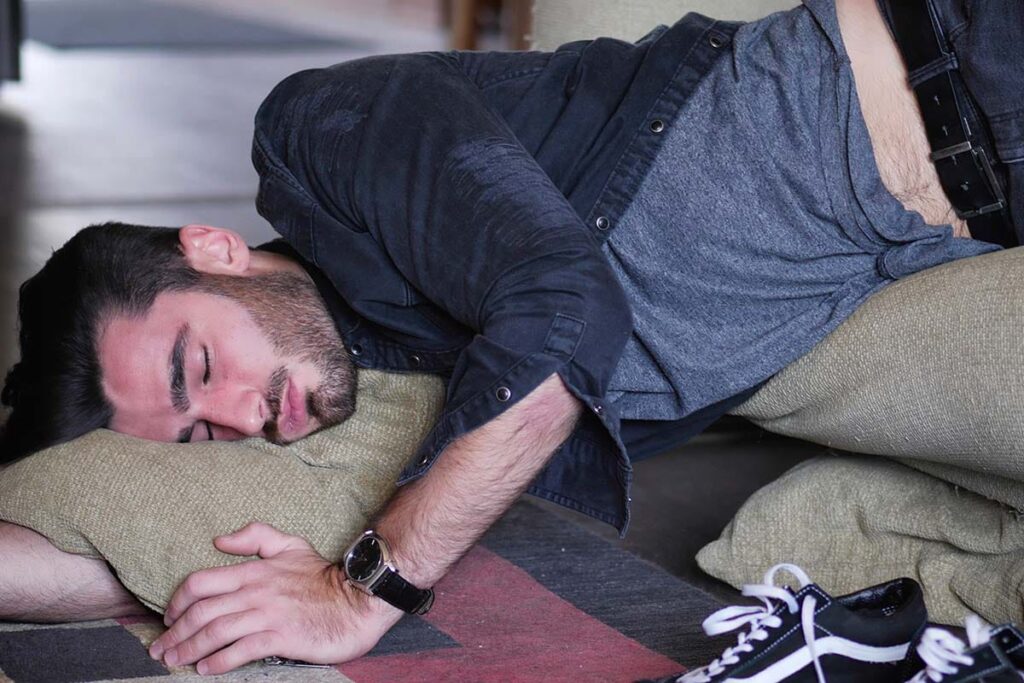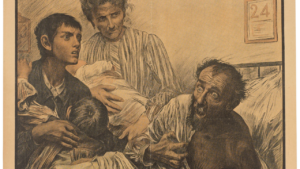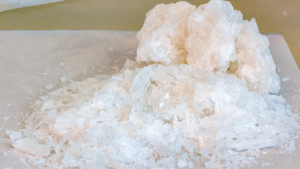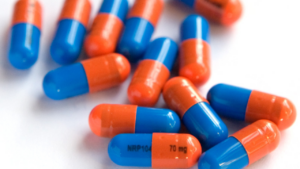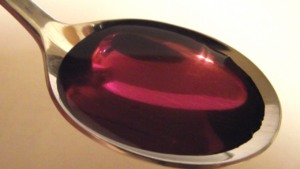Excessive alcohol consumption can have many consequences and negatively impact several aspects of a person’s life. One of these consequences is the risk of a blackout. When a person blacks out, he or she experiences amnesia and memory loss as a direct result of binge drinking. According to the National Institute on Alcohol Abuse and Alcoholism, an estimated 25% of adults binge drink every month. And, not surprisingly, nearly 50% of adults have experienced a blackout from drinking.
Blacking out can increase a person’s risk of injury and other harmful consequences. The more alcohol a person consumes in a period of time, the more likely he or she is to experience a blackout.
Do you or a loved one need alcohol addiction treatment? Call us today at 850.374.5331 for more information.
What is an Alcohol Blackout?
A blackout from drinking is when a person experiences temporary memory loss and a feeling of lost time. During a blackout, a person is not unconscious. In fact, many people in a blackout continue to engage socially and even continue to drink. However, they will have no recollection of their actions during a blackout the next day.
Someone experiencing a blackout may be more likely to participate in risky or dangerous behaviors. These include drunk driving, property damage, and unplanned sexual encounters. A person in a blackout will have no recollection of these activities once sober.
Signs and Symptoms of An Alcohol Blackout
Because many people continue to engage in conversation and act normally, it may be hard to determine if someone is experiencing a blackout. It’s also possible that someone may be acting excessively intoxicated but not be in a blackout. Common signs and symptoms that someone is experiencing an alcohol blackout include:
- Trouble walking
- Difficulty talking or following a conversation
- Repeating themselves during a conversation
- Impaired judgment and participation in risky behaviors
- Distractibility
- Forgetfulness
- Impaired vision
The more alcohol a person drinks and the higher his or her blood alcohol content, the more likely he or she is to exhibit signs of a blackout.
What Causes an Alcohol Blackout?
Binge drinking is the primary cause of an alcohol blackout. The more alcohol a person consumes in a set amount of time, the more likely he or she is to experience a blackout. A rapid rise in blood alcohol levels is what ultimately causes a blackout to occur. It’s believed that as blood alcohol rises, the brain is unable to transfer short-term memories into long-term memories. This means that, during a blackout, someone may be able to recall something a few minutes after it happened but not remember it several hours later.
Consuming alcohol while dehydrated or on an empty stomach can increase the risk of a blackout. This is because these conditions allow blood alcohol levels to rise much quicker than when someone is hydrated or has recently eaten. Additional factors that can influence the occurrence of a blackout include a person’s weight, gender, and the type of alcohol consumed.
What Happens During a Blackout?
During a blackout, the hippocampus in the brain is unable to form long-term memories. As a result, a person can fail to remember large chunks of time despite being conscious. Everyone experiences an alcohol blackout differently. Some people may struggle to stand or speak properly during a blackout, while others may outwardly appear completely fine.
Regardless of how they seem, people in a blackout will be unable to recall their actions. Many people who are in a blackout can still eat, talk, walk, and perform other various activities. This is because many parts of the brain are alcohol-tolerant and continue to function as normal despite high blood alcohol levels. This can make determining if someone is in a blackout more difficult, as he or she may continue to act in a seemingly normal manner. It’s important to know that a blackout does not mean that the person loses consciousness. However, passing out or losing consciousness is also a potential consequence of binge drinking.
Preventing an Alcohol Blackout
Limiting how much you drink is the best way to prevent an alcohol blackout. Many people can avoid blacking out by having only one or two drinks an hour and consuming water in between each drink. Other steps you can take to prevent an alcohol blackout include:
- Consume food before drinking
- Avoid taking “shots” or “chugging” alcohol
- Drink slowly
- Remain hydrated with water while drinking alcohol
Knowing the signs and symptoms can also help decrease the risk of a blackout. If you notice that you have trouble keeping up with a conversation or recalling things, you should attempt to sober up to prevent blacking out.
Getting Treatment for Alcohol Use and Addiction
Experiencing blackouts is common among people who use or are addicted to alcohol. Seeking treatment for alcohol use disorder is the best way to prevent blackouts and other potentially harmful consequences. Formal treatment is often the most successful option for people struggling with alcohol addiction. This may include a medically supervised detox program to withdraw from alcohol as well as inpatient treatment. Inpatient treatment offers round-the-clock support as well as intensive programs of recovery.
To learn more about what happens when you blackout from alcohol, contact a treatment specialist today at 850.374.5331.
